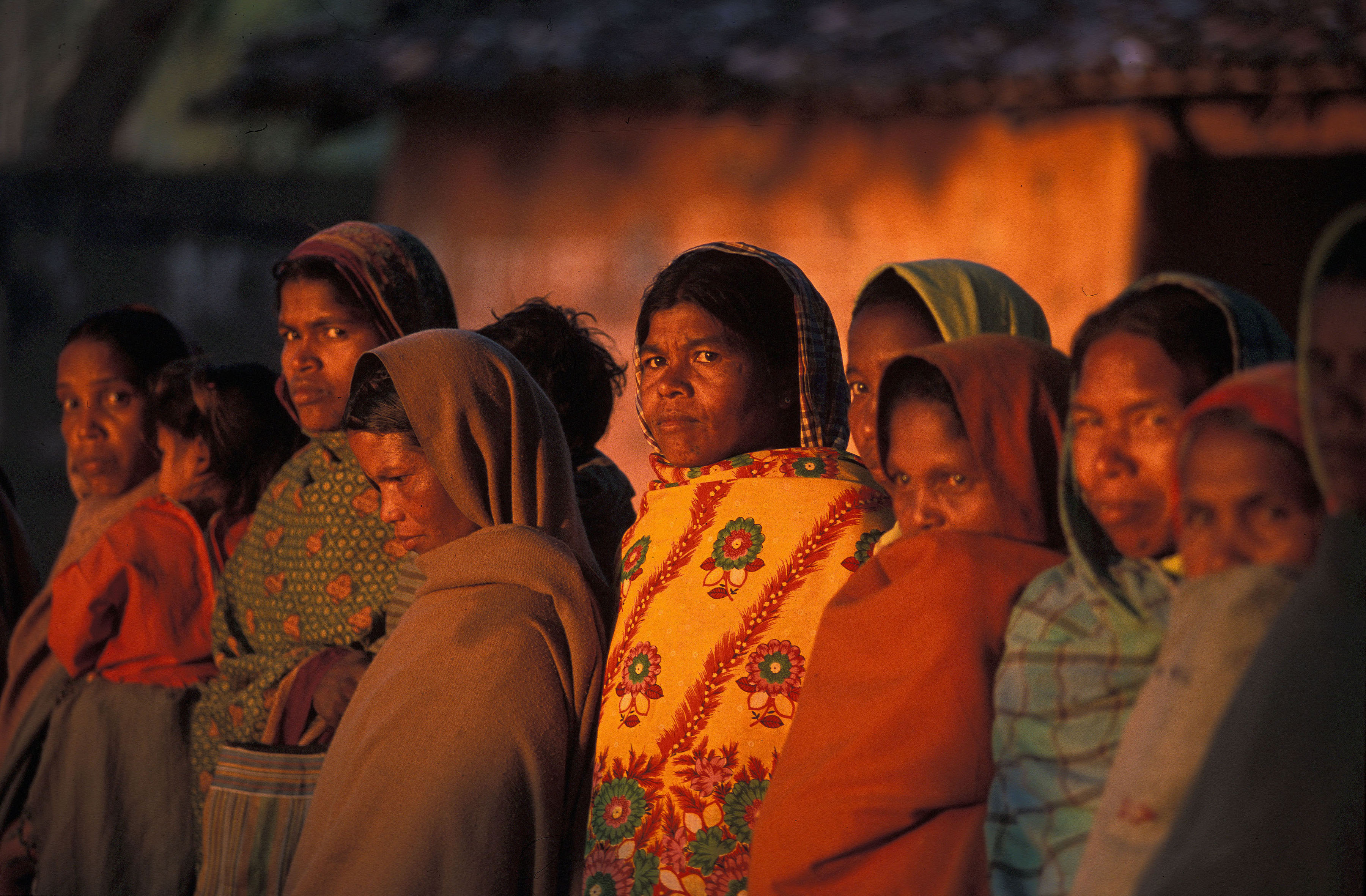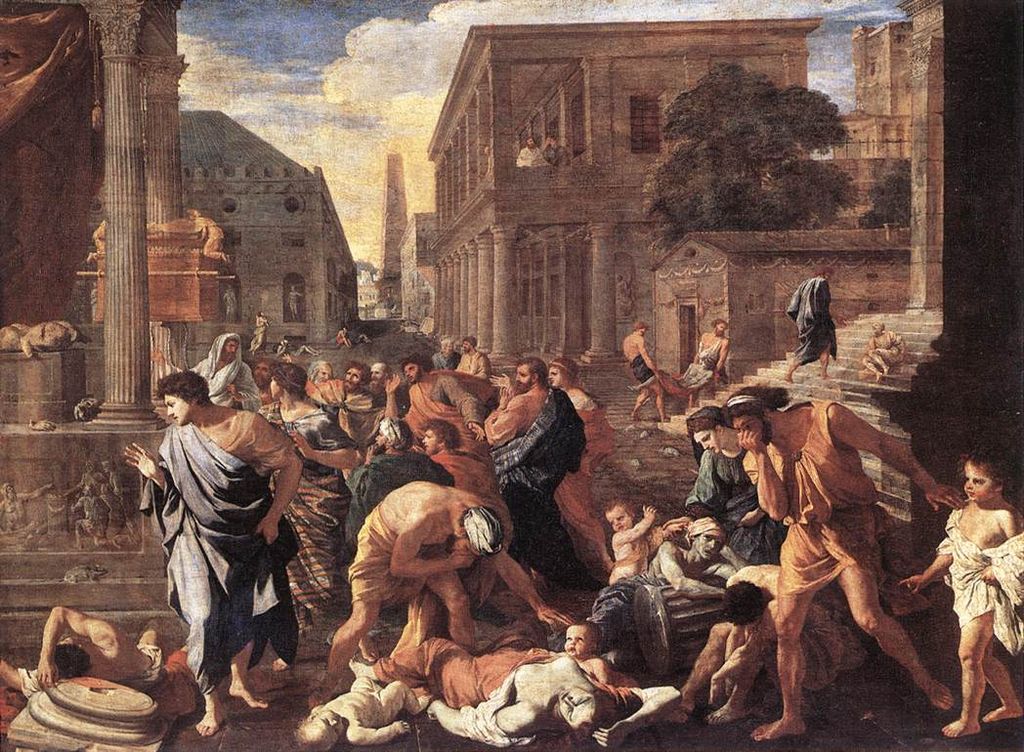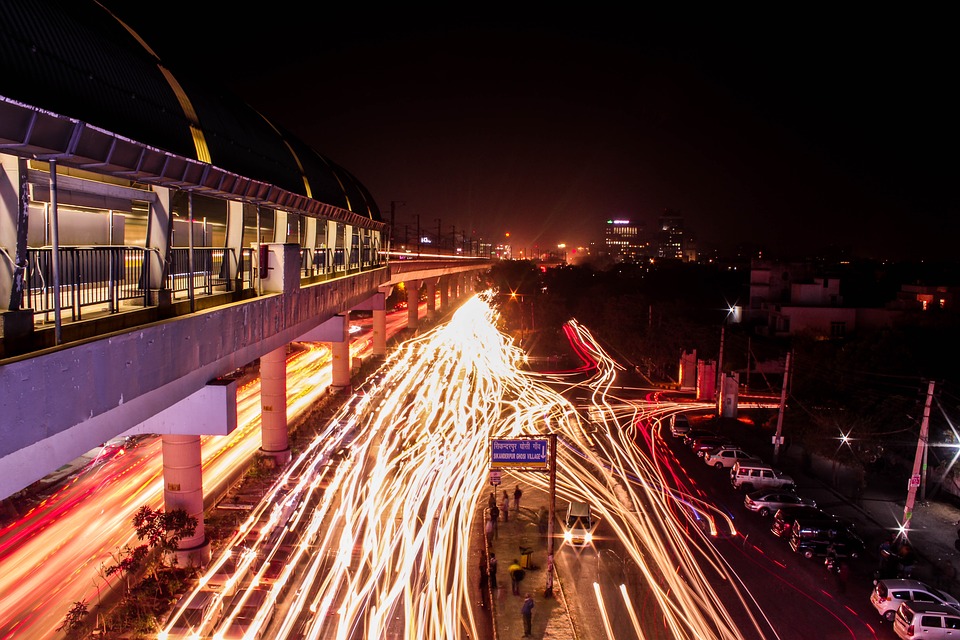Professor Robert Wade responds to the recent article for the Financial Times by the chief economic adviser to the Government of India, Arvind Subramanian’s, in which he claims the golden age of globalisation is now behind us…
26 April 2018
………………
Arvind Subramanian is correct that today’s workers in developing countries face a tougher market for converging in living conditions with counterparts in developed countries than did those in the ‘early convergers’, but his reasons need qualification (“Today’s workers from catch-up nations face a tougher market”, 20 April).
He points to the ‘ backlash against globalisation’ as one major reason for today’s tougher conditions. The early convergers ( developing countries in the 1960s to 1990s which grew substantially faster than the developed countries, notably those in northeast Asia ) benefited hugely from expanding globalization, which allowed very fast growth of exports.
But this common line of argument misses two political points. One is that the US government ensured preferential access to the giant US market for the northeast Asian economies, as part of the US strategy to construct a capitalist regional economy to counter communist expansion. And export promotion went hand in hand with strategic import protection, to build up a diversified industrial economy. So the fast growth of exports did not happen just because of what Mr Sumbramanian calls ‘the golden age of globalization’, meaning steady market liberalization.
Also in need of qualification is Mr Subramanian’s implication that the causes of fast or slow convergence lie within each country (such as the level of agricultural productivity and the level of better-than-minimal literacy in the population at large). This is to think of development as a marathon race, in which the position of each runner is a function of the runner’s own fitness in an open system. It ignores the many rules and reigning ideologies in the world economy which work to protect the advantage of western countries. For example, WTO rules discourage today’s developing countries from using the kind of industrial policy used in northeast Asia to catch up, while allowing the kind of industrial policy needed by developed countries to keep on the frontier. The investor-state dispute system is another case in point.
Policymakers need to ask how to change these features of international regimes, and above all, challenge the idea that ‘more globalization’ is the path to catch up.
Robert H. Wade
Professor of Global Political Economy
London School of Economics
Robert H. Wade is Professor of Political Economy at the London School of Economics
The views expressed in this post are those of the author and in no way reflect those of the International Development LSE blog or the London School of Economics and Political Science.






Thank you for this blog post. I am very interested in learning more about the points that you mention in your post. Do you have any recommendations for supplementary readings?
Thank You!
Tayler